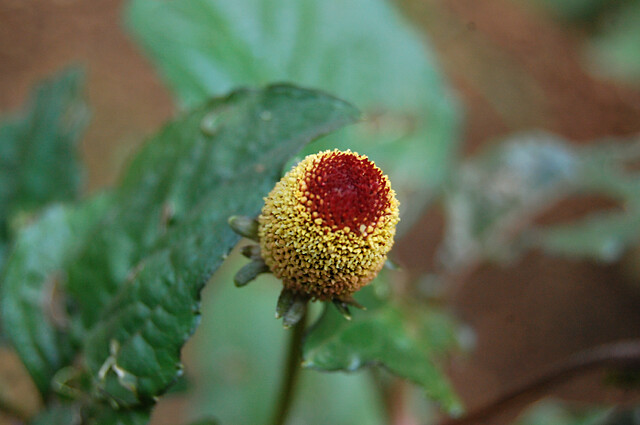Turkey Tail Mushroom (Trametes versicolor) Materia Medica
Disclaimer: This Materia Medica is provided for informational purposes only and should not replace professional medical advice. Please consult with a qualified healthcare practitioner or herbalist before using any herbal remedies.
Introduction: Turkey Tail Mushroom, scientifically known as Trametes versicolor, is a fascinating and highly regarded medicinal mushroom with a rich history in traditional medicine, particularly in Asia. As a professional herbalist, I will provide you with a comprehensive Materia Medica for Turkey Tail Mushroom, exploring its properties, traditional uses, preparations, and potential benefits.
Botanical Description: Turkey Tail Mushroom is a polypore mushroom that grows in layered, fan-shaped clusters on decaying wood, resembling the colorful pattern of a turkey’s tail feathers. It typically features concentric bands of various colors, including shades of brown, gray, and green. This mushroom is known for its distinct appearance, making it easy to identify in the wild.
Medicinal Properties:
- Immunomodulatory: Turkey Tail Mushroom is renowned for its immunomodulatory properties, which means it can help balance and support the immune system. It contains polysaccharides like beta-glucans that stimulate immune responses and enhance the body’s ability to defend against infections.
- Antioxidant: Rich in antioxidants, Turkey Tail Mushroom helps combat oxidative stress and reduce the damage caused by free radicals. This property contributes to its overall health benefits, including its potential as an anti-aging agent.
- Antiviral: Studies have suggested that compounds in Turkey Tail Mushroom may have antiviral properties, making it useful in supporting the body’s defenses against viral infections.
- Anticancer: Turkey Tail Mushroom has gained attention for its potential role in cancer support. Research indicates that it may help inhibit the growth of cancer cells and enhance the effectiveness of conventional cancer treatments like chemotherapy.
- Digestive Support: Some traditional uses of Turkey Tail Mushroom include promoting healthy digestion and gut health. It may aid in balancing the gut microbiota and supporting overall digestive well-being.
- Adaptogenic: This mushroom is considered an adaptogen, helping the body adapt to stress and maintain equilibrium. It can be used as part of a holistic approach to stress management.
Traditional Uses:
- Immune Support: Turkey Tail Mushroom has been used for centuries in traditional Chinese medicine and by indigenous cultures for immune system support, particularly during times of illness or as a preventive measure.
- Respiratory Health: In traditional herbal medicine, Turkey Tail Mushroom has been used to support respiratory health, including addressing conditions like chronic bronchitis and coughs.
- Cancer Support: While not a standalone treatment for cancer, Turkey Tail Mushroom is often used as a complementary therapy to support individuals undergoing cancer treatment. It may help alleviate some side effects of chemotherapy and radiation therapy.
- General Well-Being: As an adaptogen, Turkey Tail Mushroom is used to enhance overall vitality and well-being, promoting balance in the body.
Preparations:
- Decoction: The dried mushroom can be simmered in water to create a decoction. This liquid can be consumed as a tea or added to soups for immune support.
- Tincture: Turkey Tail Mushroom can also be prepared as a tincture by steeping it in alcohol or glycerin. This is a convenient way to preserve and use the mushroom’s medicinal properties.
- Powder: Dried Turkey Tail Mushroom can be ground into a fine powder and encapsulated or mixed into smoothies or other foods.
- Dual Extraction: Some herbalists prefer a dual-extraction method, combining both water and alcohol extractions to capture the full spectrum of active compounds.
Cautions:
- Turkey Tail Mushroom is generally considered safe when used as directed, but it’s essential to consult with a healthcare professional before incorporating it into your wellness routine, especially if you have allergies, are taking medications, or have any underlying health concerns.
Conclusion:
Turkey Tail Mushroom, with its remarkable medicinal properties, plays a valuable role in herbal medicine and holistic health. As a professional herbalist, I recommend exploring its potential benefits under the guidance of a qualified healthcare provider. Its long history of traditional use and promising scientific research make it a noteworthy addition to natural health practices.





